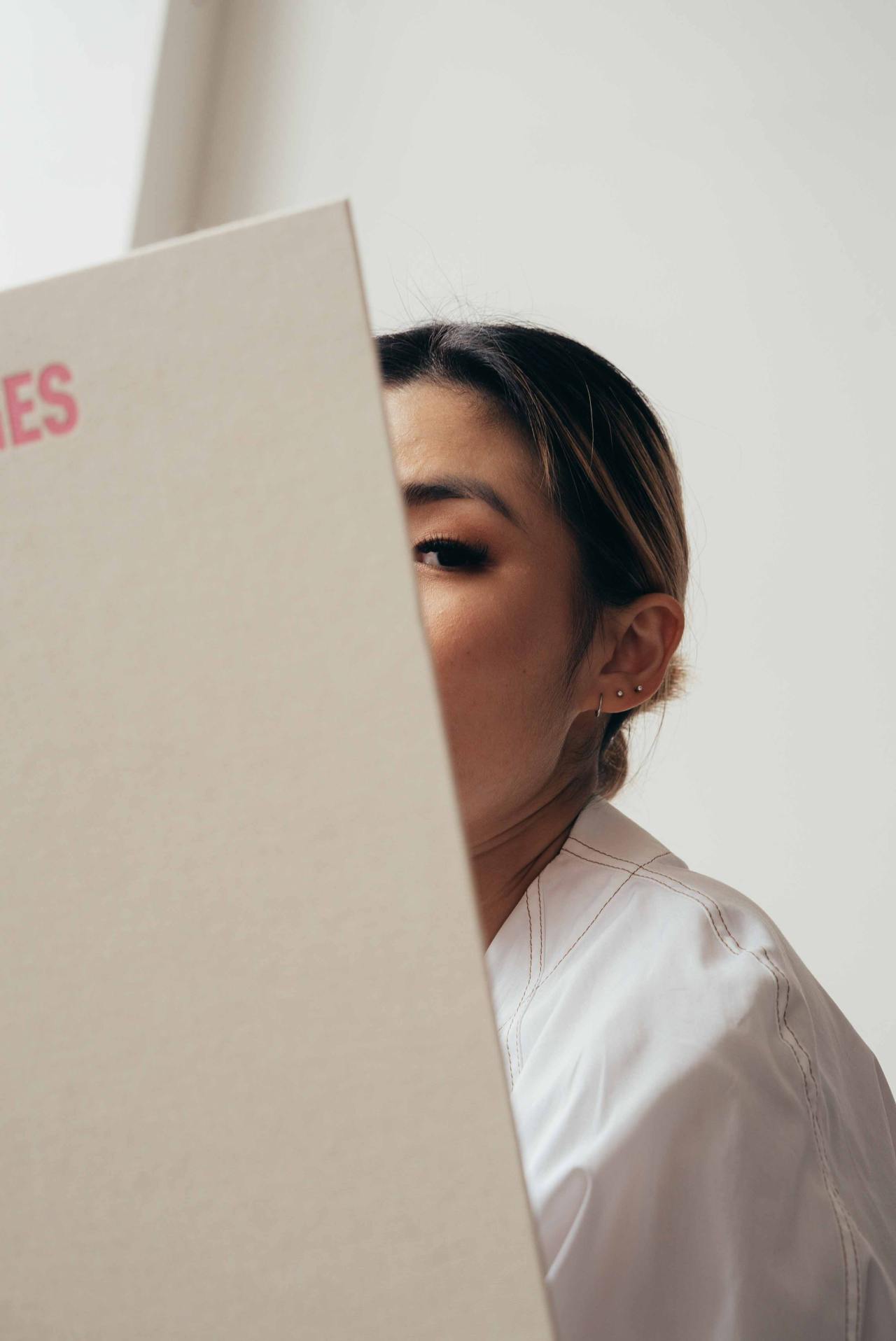
What My Faceblindness Taught Me About Beauty
My journey with faceblindness—or prosopagnosia, as diagnosed by a neurologist—started with the meanest thing I have ever said. I had found out my boyfriend was an abusive narcissist and during the breakup I had a moment of temporary insanity. This narrator is a famous local sweetheart. I’ll spare you the details, as this is an article best suited for a book I’ll never write. But as embarrassed as I am now to say it, I did in fact tell this abusive boyfriend, “Maybe you should stop abusing people. Because you’re not aging well.”
I thought it would hurt his ego as a narcissist, but I had never looked at his face in that way before. It only evoked feelings for me. I’d never studied the lines, the portions I now call “face jelly,” or anything. I adjusted my optical focus for the first time to see those details. Then, after he moved out, I felt horrible. Had the abuse also included me losing it and saying something mean? I believed in curses and just had this horrible feeling inside that I had cursed myself. I looked into the mirror to study my own face for any signs of aging.
I examined myself, and while I had good skin still, there were low circles around my eyes. I had never seen these before. I flipped through online photos of myself and apparently the low circles had always been there, even as a child. Nobody else seemed to have them. Why had people always treated me normal? I clearly did not have a normal face. I would fix it, I thought.
Maybe I could move certain muscles to smooth out the lines, I thought. Maybe I could hold my face up higher. It seemed like some people had a squinty smile. Boy, this is a lot of work, I thought. It felt uncomfortable. Had people actually usually treated me independently of my face, I wondered. My perceived level of attractiveness seemed to be based upon everything else, like my hair, my body, my personality.
The hardest part of this journey was that for about a year there was nobody to talk to. I actually went to see a therapist to see if they could help me with my face. I asked some other people for help. Nobody liked talking about faces. The therapist only gave me one piece of advice over the course of multiple sessions. They told me to relax my face. I tried it in his office and it felt like an ugly face to me. I would just continue to do everything I was doing to avoid that face.
Eventually, a friend did start helping me. He told me to relax my face until the muscles started moving themselves. My face kind of floated up into place. There, it made an expression. Then he advised me that I couldn’t hide my expressions. If I was sad, everybody would know I was sad. If I took care of myself and my emotions, I would have happy facial expressions. As a faceblind person, I have limited facial mobility—mostly just my mouth and eyebrows. I can’t put on a fake face. I can’t put on a makeup face. I don’t have a sleeping face.
Maybe it was wrong to tell even an abusive person that they weren’t aging well. But this friend told me that because I had never bullied anybody, my face would never age. Maybe I did somehow know inside that this abusive boyfriend’s bullying was somehow associated with aging. And the low circles? He pointed out that faces are often just associated with looking at an optical point. In a mirror, you are looking at the mirror, but also at twice the distance back at yourself, so most people have a “mirror face” that is unlike their usual social face. He told me I have a perfect “Instagram face” for about half the day probably.
I don’t know what my face looks like at the moment unless I’m looking in a mirror. And I don’t really mind it. I do think it’s more important, as this friend taught me, to have good heart feelings. I think and feel and express myself from the center of my chest and my face can do whatever it wants. My polite face is allowing somebody who is not sensitive to my heart feelings to give me a bad heart feeling, and I sort of freeze my face into a smile.
At certain times in my life I’ve felt people were trying to help me with my face, or people have tried to help other people. I, and other people, don’t need help with our faces. We need help with our hearts—by being kind and sensitive and loving. Amen.
